77th World Health Assembly
Advancing Global Surgery and Women’s Health Through Partnerships
Blog post by Ms. Julia Curran
Ms. Curran is a program, engagement and communications manager based at Johns Hopkins University. She completed a Fellowship as part of the GSF Champions in Global Surgery Programme from March-June 2024. In this capacity, Julia was part of the organising committee for the GSF WHA77 side-event. The views and opinions expressed in this blog post are those of the author and do not necessarily reflect the position of the GSF.
Attending the World Health Assembly (WHA) for the first time was an unforgettable experience that marked a significant milestone in my professional career. From the start to the end of the week, I felt fully engaged in a stimulating learning and collaborative environment aimed at improving global health and driving sustainable change. In this article, I am summarising my key takeaways.
The Growing Prominence of Global Surgery
Over the past decade, surgical care has gained recognition as a critical component of universal health coverage (UHC). This was clearly outlined in Dr. John C. Meara’s presentation at the International Federation of Surgical Colleges side-event, which kicked off my WHA77 week. Dr. Meara’s presentation reviewed the history of global surgery, most notably the progress made over the last ten years. The event concluded with remarks by Dr. Geoff Ibbotson, who emphasised the crucial role of partnerships in advancing global surgery. Personally, this kickoff session resonated, as it provided key context for the history of global surgery which proved useful throughout the remainder of the week.
The progress made in global surgery was palpable during the largest side event of the week. The event on “Unleashing Powerful Partnerships for Women’s Health Equity” was organised by the Global Surgery Foundation. It featured an all-star lineup of speakers who were effortlessly guided by the moderator: international journalist Femi Oke. It also included a firestarter speech by Time 100’s Most Influential People in Global Health, Professor Hadiza Galadanci. The panel stood out from others I attended in that speakers utilised the power of authentic storytelling. Ms. Oke facilitated the discussion seamlessly from one panelist member to another, allowing each to share their personal experiences and stories, making it a powerful and impactful experience for the audience.
Ms. Femi Oke (far left) taking a bow at the GSF side event.
Innovative Partnerships and Localisation
Collaboration emerged as a recurring theme throughout the WHA. Creating innovative partnerships across sectors, beyond the typical public-private partnership model, was emphasised as a solution needed to fill gaps in the care continuum. The need for partnerships to have clear objectives, open communication, and continuous alignment from both sides underlined as a key component for success. As Dr. Rifat Atun, Professor of Global Health at Harvard University and President of the GSF Board, noted at the GSF event, “Partnership is not a luxury. It is the only way.”
Localisation, which involves decentralising decision-making, power, money, and resources to the local level, was identified as crucial for successful global health strategies. Understanding local needs, listening to the people on the ground and incorporating their needs into global strategies before development and/or implementation of any global health strategy is essential to improving health outcomes. Furthermore, the need to understand the political landscape locally and the intricacies involved to make partnerships successful was also highlighted. The GSF side event panel ended with remarks by Dr. Rifat who summarised it succinctly, “Let’s collaborate more but make it happen in the countries.”
Women's Health with a Specific Focus on Breast and Cervical Cancer
Women's health received significant attention throughout the WHA week. The World Economic Forum launched the Cervical and Breast Cancer Coalition within the Global Alliance for Women's Health. Discussions throughout the week also highlighted disparities between countries and the need to act through increasing awareness, public-private partnerships, and sustainable financing. Dr. Kennedy Lishimpi, Secretary, Ministry of Health of Zambia, delivered a powerful call to action at the GSF side event, “No woman should die of preventable diseases like cervical cancer.”
Prof. Hadiza Galadanci speaking at the GSF side event.
Return on Investment (ROI)
Demonstrating ROI emerged as a critical factor in garnering support and funding for global health initiatives. A promising report from Policy CURES Research shows that every dollar invested in human health yields a four-fold return, while each dollar invested in global health R&D can generate a societal return of $405. McKinsey Health Institute also released their new report highlighting a $1 trillion economic potential of closing the women’s health gap. Most notably, the report projects $3 in economic growth for every $1 invested in women’s health. Communicating these compelling numbers effectively to potential funders and partners is essential for securing investment and keeping stakeholders engaged.
Conclusion
My experience at the World Health Assembly strongly resonates with the African proverb, “If you want to go far, go together.” The event showcased the incredible progress that can be achieved when diverse stakeholders come together. From the growing prominence of global surgery to innovative partnerships addressing women’s health issues, the WHA served as a powerful reminder that collaboration is the key to tackling the most pressing global health challenges.
There is power in people with a shared purpose and passion, and I look forward to following the advances in global surgery and to being part of the global health community working to improve health outcomes for all.



